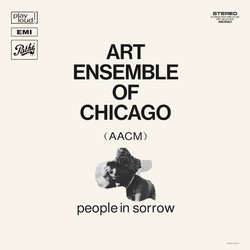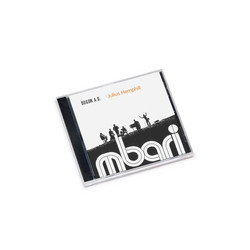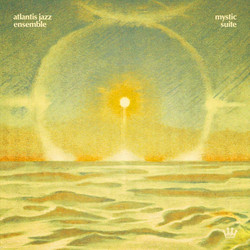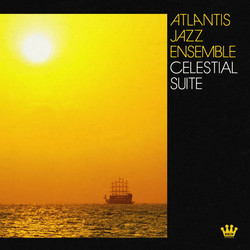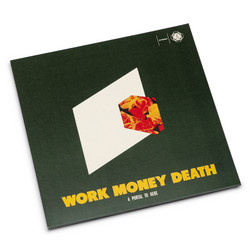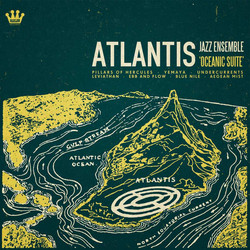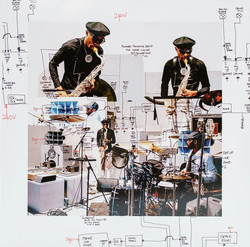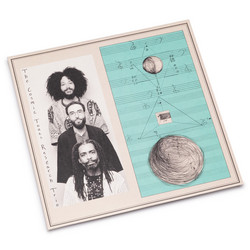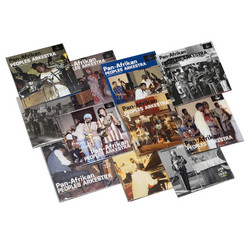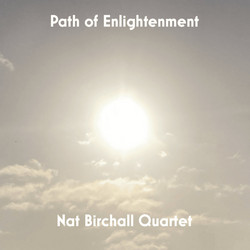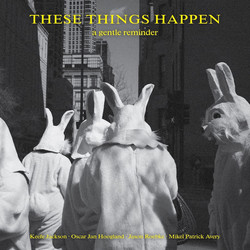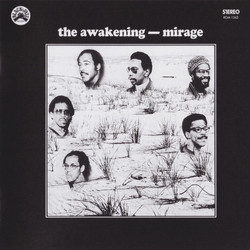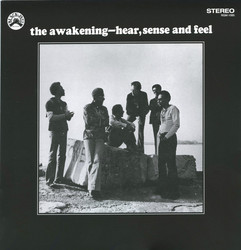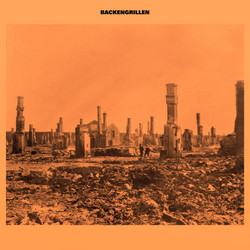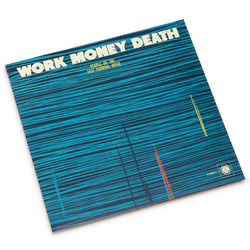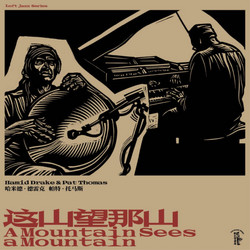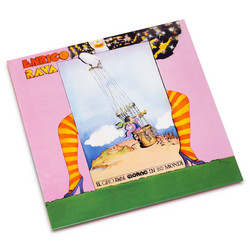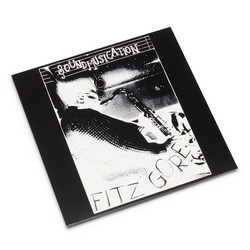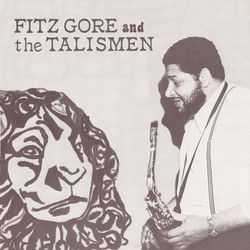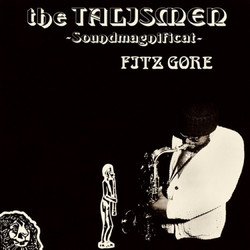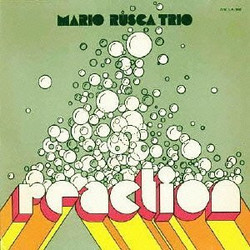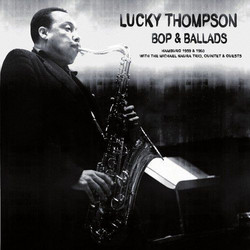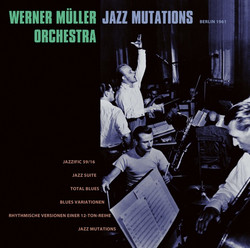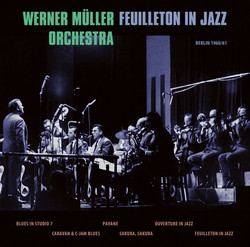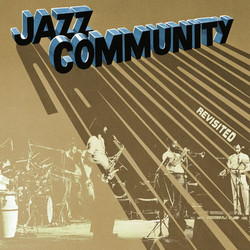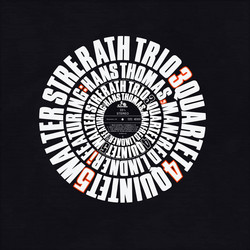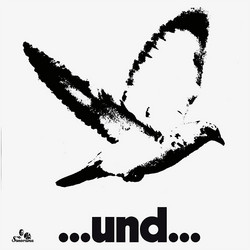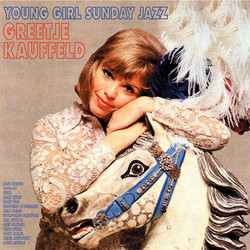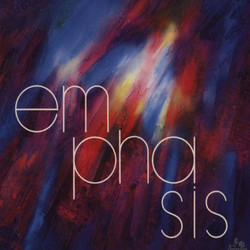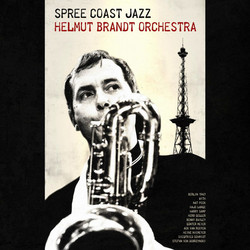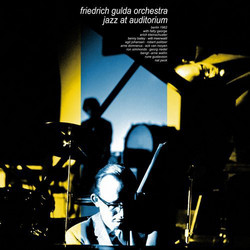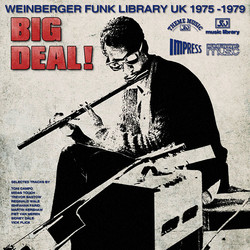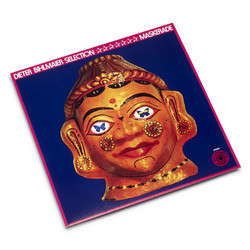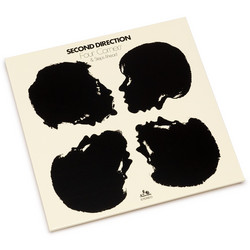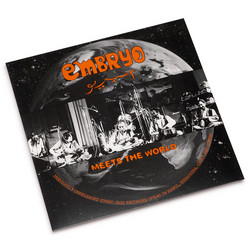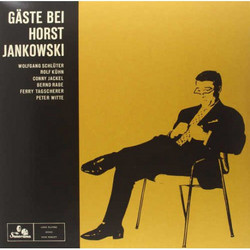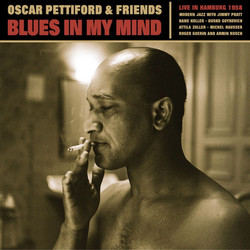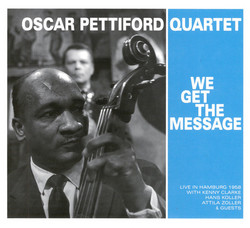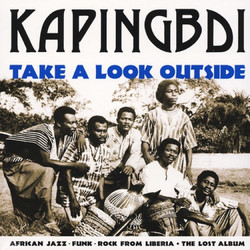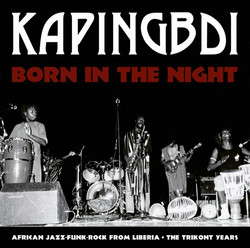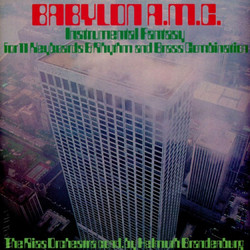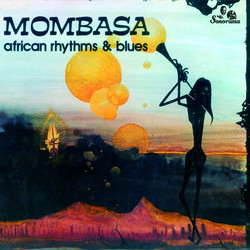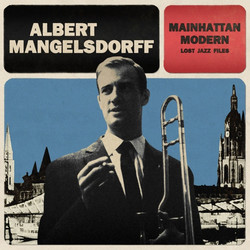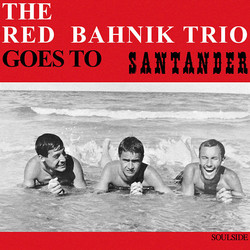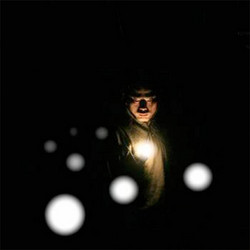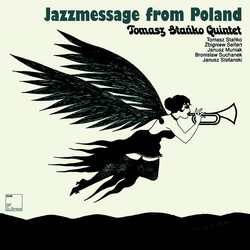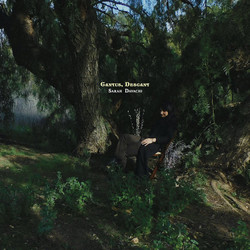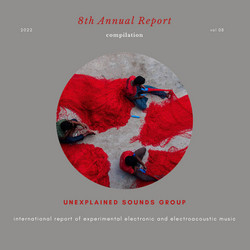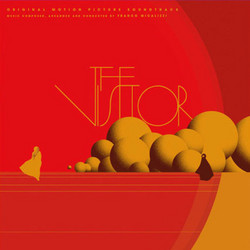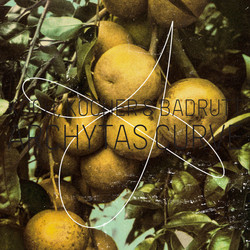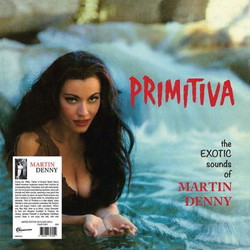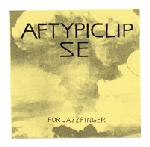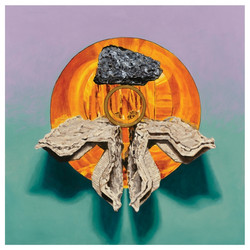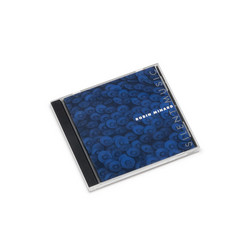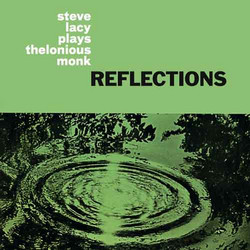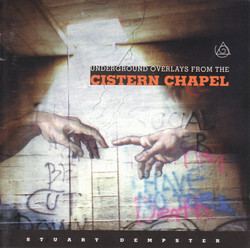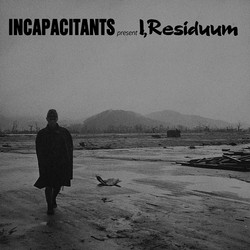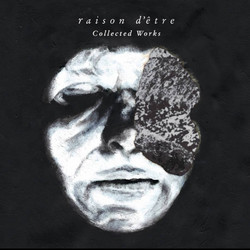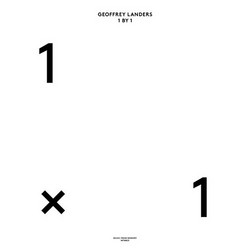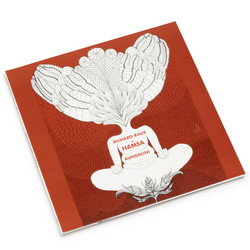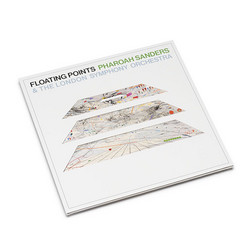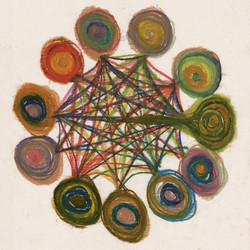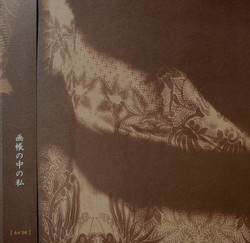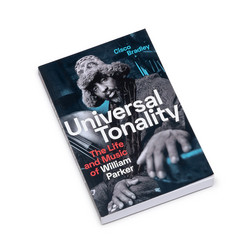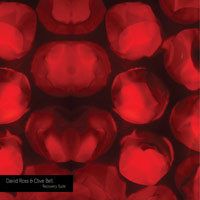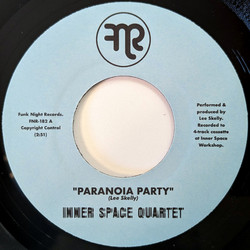This is the first ever reissue of the lost debut LP by Jamaican tenor saxophone player Fitz Gore and his experimental group The Talismen from 1975. The work was originally released on Gore’s GorBra label and delivers an introspective, sensitive form of Spiritual Jazz.
"Soundnitia" is the cipher under which the experimental group "The Talismen" constituted in 1974 and made its presence known on the Jazz scene with the first LP. The initiator and spiritus rector of the avant-garde ensemble is the saxophonist Fitz Gore, a "stormer of the valves" and unknown to the augurs of the jazz scene. As a saxophonist and a newcomer, he documents with his ultra-hard sound. Fukara (Swahili) is a clear affinity to the school of "hard blowing" tenor players. In the 1960's Fitz managed various bands. Firstly, in the south of France, then Paris, which took part in Galas, concerts and film productions, where he made a name for himself primarily as an interpreter of spirituals and Negro folk songs.
Fitz Gore, born on 16th August 1935 in Kingston, Jamaica, has been making music since the age of six. As a member of the school choir, he studied the diatonics of the Gregorian chant and played classical Hawaiian guitar. His favourite composers include Duke Ellington, Sonny Rollins, Richard Wagner and Gil Evans. While establishing himself in the music business, he worked as an actor and writer. Like Charlie Parker before him, for whom the poetics of the Persian lyricist Omar Chajjam was a spiritual leitmotif, the man from Jamaica is a committed poet. The International Book Exchange presented a part of his literary oeuvre. Fitz Gore draws his ideational impulses from biblical texts, especially from the Psalms of David. Dreams of a new paradise are articulated in his arrangements and compositions. He says, " The music - Soudnitia - has a spiritual fulcrum, which must act or foist with its compelling leverage(s), a form of panacea. To heal, as to vehicle sanctified pastus, hope and joy, to mankind". "Healing" became the code word of the "Talismen".
Technically and stylistically, Fitz Gore's improvisations are reminiscent of the musical language of Sonny Rollins and Colerman Hawkins, but John Coltrane, Ben Webster, Sonny Grey, Johnny Griffin, Wilton Gaynair and Jo Maka were not without influence. Fitz Gore and pianist Ulrich Kurth began their collaboration in Autumn 1973, performing together for the first time in January 1974 at the Winterfest of Bonn University followed by a guest performance in Strasbourg. In the Autumn of the same year, Fitz Gore engaged two of his former partners, the French bassist Gérard Ebbo and the Martinique-born drummer Philippe Zobda-Quitman and staged the first concert with this quartet in a monastery near Bonn under the lemma "The Talismen". In the spring of 1975, the American percussionist Lamont Hampton joined the Talismen collective and brought with him a bundle of new musical impulses. The Jazz Studio of the Bonn "Collegium Musicum" served as the experimental laboratory, where they discussed and rehearsed in endless nightly séances. This resulted in the live recording of the concert from June 14th 1975. This became the LP and seems like the product of an alchemist's kitchen. Whether "Toxon" or "Panacee" depends on the dosage. For it is "the dose that makes it, that something is a poison", teaches Theophrastus Bombastus von Hohenheim, known as Paracelsus.

